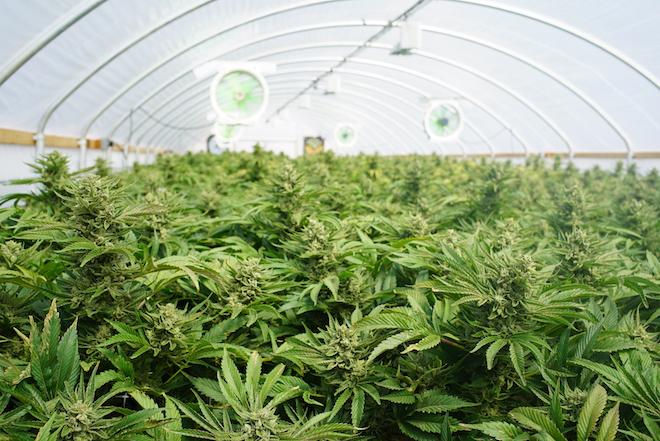Very interesting discussion. IMPO, the military is a
job, and an employer
may lawfully institute more stringent employment rules than the general public when they deem necessary. Will there be discussion...absolutely! I really believe that since
it is a job, then an employer can and may institute a BAN, even if legalized, and just tell people
If YOU want to serve here, don't do it", otherwise find a different career. Law Enforcement and First Responders (even in states where pot is legal are prohibited from use, and if caught are terminated, because it is a JOB) are doing it that way. Granted they may not be Federal Employees, but I cannot find any rationale legally why DOD and DHS and Justice will not just write into the regs and employment requirements that use of marijuana, although legal is not tolerated and if tested positive employees will be disciplined or terminated (maybe after multiple offenses).
Since this is a public discussion, IMHO it is not a good idea for someone driving a ship, flying an airplane, or carrying a weapon to be a user at any time. The psychological effects and aspects of prolonged "legal" use have not yet been determined and I would hate for one of my sons or their mates to be killed or injured because another in the same employment made a bad decision because of not thinking clearly or straight or was distracted by. JMHO...

In almost EVERY state where pot has been legalized, anyone that purchases or has a user card is immediately notified they cannot carry a weapon legally at any time.
In the military and first responder professions, erring on the side of caution is probably the right decision. Hard to see how allowing military and first responders to consume a substance that a lot of things are not yet known about is the smart thing to do. Far better IMHO to just let people who wish to "partake" find a different career. It should be a choice, and if current members choose to leave because of it, then they should be granted release with full benefits if eligible without repercussions. I am just speaking from a prospective of both professions, and my experience is I would want someone with a hangover going on a stressful or dangerous mission with me. I know there will many other that disagree, and that is fine, this is just my personal opinion..


 www.usni.org
www.usni.org

